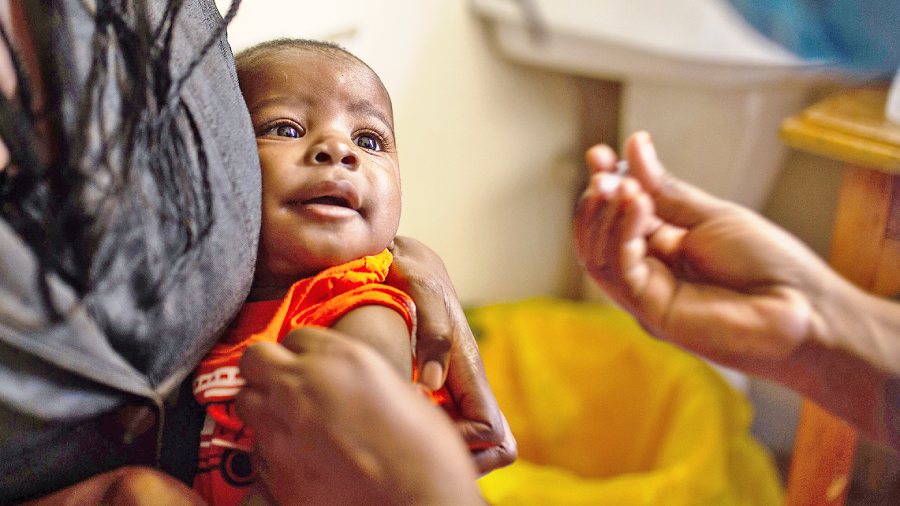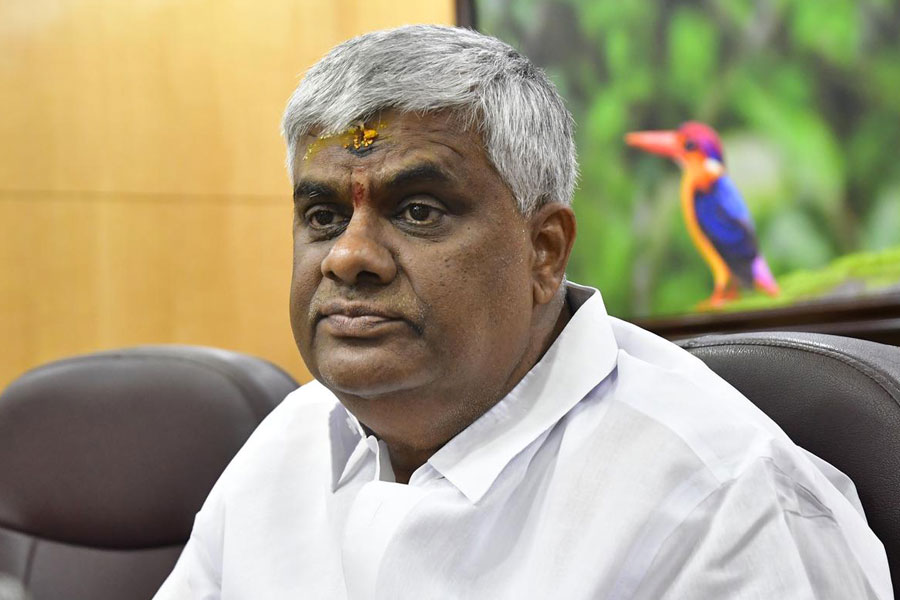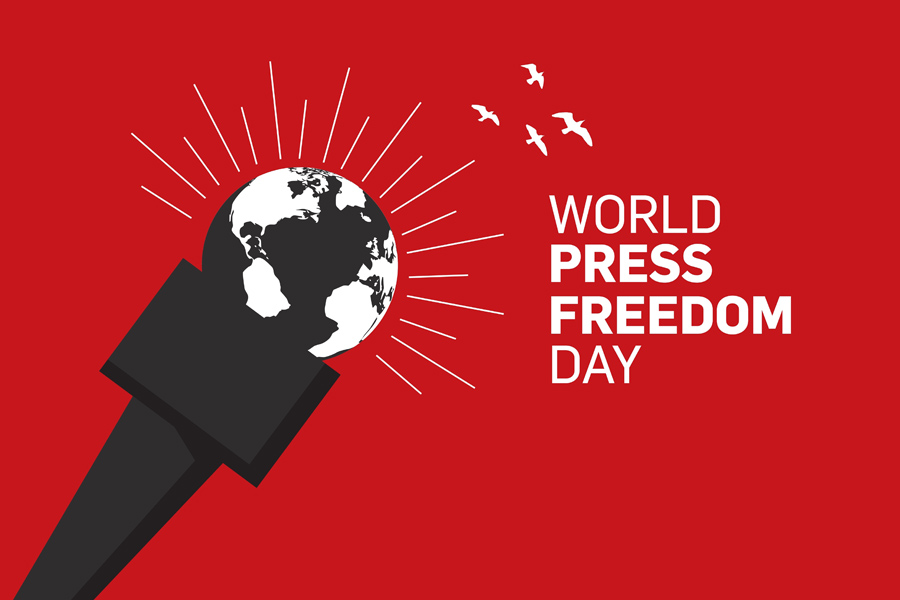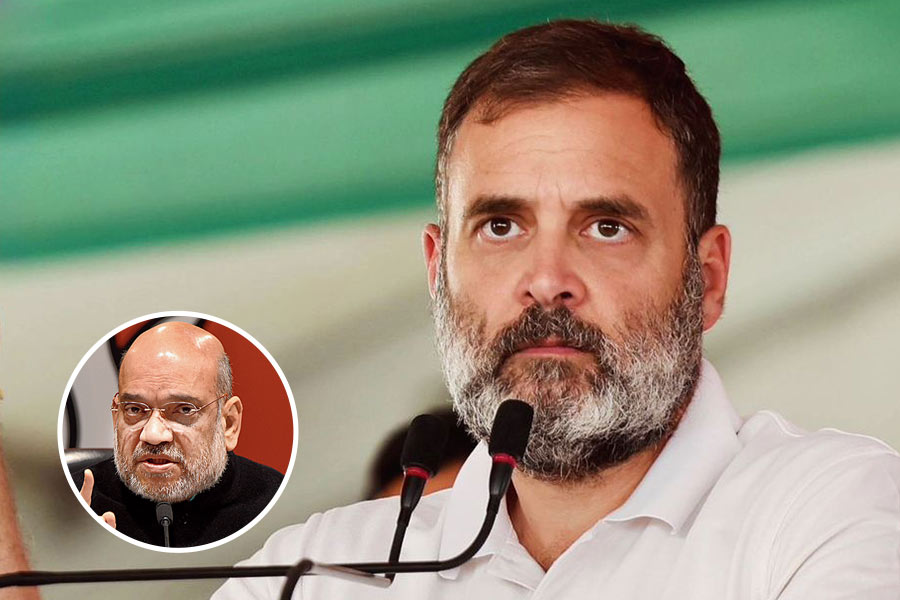All through childhood,Miriam Abdullah wasshuttled in and out ofhospitals. “At somepoint, even my mumgave up,” recalled Abdullah, now 35.
In Nyalenda, the poor commu-nity in Kisumu, Kenya, where Ab-dullah lives, malaria is endemic
and ubiquitous. Some of her friends
developed meningitis after becom-ing infected; one died. “Malaria has really tormented us as a country,”she said.
There are tens of millions of hor-ror stories like Abdullah’s, handed
down from generation to generation.
But now change is coming: Malar-ia is the rare global health scourge about which experts are sanguine— so much so that some have begunto talk about eradicating the disease.
“I think there’s so much roomfor optimism,” said Philip Welkhoff,director for malaria programmes at the Bill and Melinda Gates Founda-tion. “Later this decade, we could ac-tually launch a push that gets us all the way to zero.”
China and El Salvador werecertified malaria-free last year, and the six countries in the greater Me-kong region, including Vietnam and Thailand, have driven down cases byabout 90 per cent. About 25 countries are expected to have eliminated ma-laria by 2025.
The bulk of infections now oc-curs in Africa. Even there, despite the limitations imposed by the coro-navirus pandemic, nearly 12 million more African children receivedpreventive malaria drugs in 2020than in 2019.
But it is the arrival of two newvaccines that portend a major shift.The first, called Mosquirix, was 35years in the making. It was approvedby the World Health Organizationlast year and may be distributed assoon as late next year.
A more powerful malaria vaccine, developed by the Oxford team that created the AstraZeneca Covid19 vaccine, may be a year or two away. Many experts believe it is this formulation, which has shown an efficacy of up to 80 per cent in clinical trials, that may transform the fight against malaria.
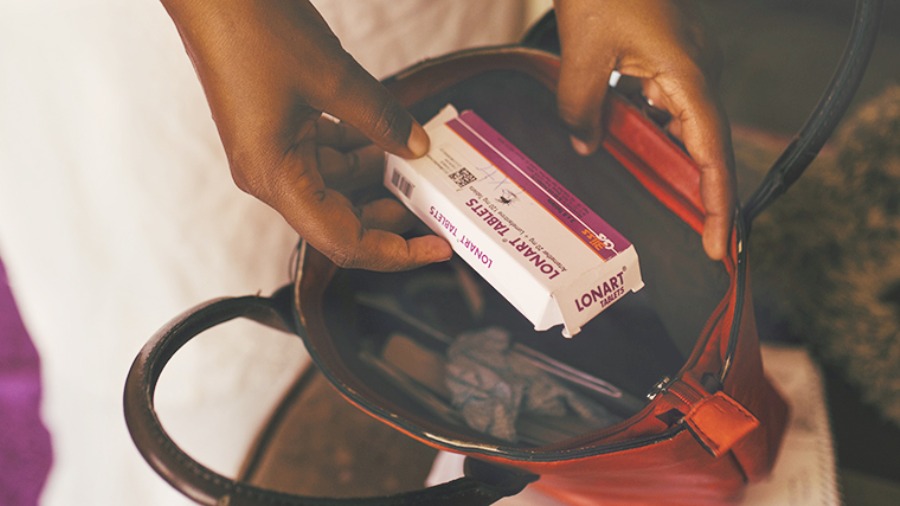
People carry medication all the time in places where the disease is endemic and ubiquitous
Still more options are on the horizon, including an mRNA vaccine being developed by the German company BioNTech; monoclonal antibodies that can prevent malaria for six months or longer; bed nets coated with long-lasting insecticides or with chemicals that paralyse mosquitoes; as well as new ways to trap and kill mosquitoes.
“It’s an exciting time,” said Dr Rose Jalang’o, who led a pilot test of the Mosquirix vaccine in Kenya, where it was given to children alongside other immunisations.
But getting to a malaria-free world will require more than promising tools. Mosquirix cost more than $200 million to develop over 30 years, but its efficacy is roughly half that of the Oxford vaccine, called R21. The first doses of Mosquirix will not be delivered to African children until late 2023 or early 2024. The supply will be severely constrained for a number of reasons and is expected to remain so for years.
R21, the second vaccine, appears to be more powerful, cheaper and easier to manufacture. And the Serum Institute of India is prepared to produce more than 200 million doses of R21 per year
Some malaria experts note that given the urgent need, the world needs every option it can get. But others worry that every dollar directed to Mosquirix now is a dollar less for developing other tools.
Malaria is among the oldest infectious diseases and one of the deadliest. Nearly all of the lives lost to malaria are in sub-Saharan Africa, where about 80 per cent of the deaths are in children younger than 5.
The parasite wrecks the body so quickly that by the time children are taken to the hospital, many are in dire need of a blood transfusion. But blood is often in short supply in sub-Saharan Africa, and using a bag for a small child can mean that half or more will be discarded, said Dr Mary Hamel, who leads the WHO’s malaria vaccine implementation programme.
Mosquirix, the first vaccine against any parasite, is a technical triumph. But its efficacy, at about 40 per cent, is much lower than scientists had hoped.
Ideally, the vaccine would be deployed alongside existing controls, like insecticide-treated bed nets and preventive drugs, based on data indicating where the tools are most needed and delivered by a robust healthcare workforce.
Compared with the billions of dollars poured into Covid vaccines, the funds for malaria are a pittance.
The scarcity of resources means that people — and organisations — end up picking their favourite strategies. Some maintain that controlling mosquitoes is the logical path, while others push vaccines. Still others say monoclonal antibodies are the way forward.
In such a highly competitive arena, Mosquirix does not emerge as the obvious winner.
“Deploying a tool which is expensive, and not that effective, with a short duration of action, may not be the thing that you want to lead to first,” said Dr Scott Filler, head of malaria programmes for the Global Fund, which supports more than half of malaria programs worldwide.
The money might be better spent increasing use of bed nets, or ensuring that people have access to basic primary health services, including testing, treating and tracking for malaria, Filler said.
But many other experts believe that given malaria’s devastation, a vaccine with low efficacy is better than none.
NYTNS

